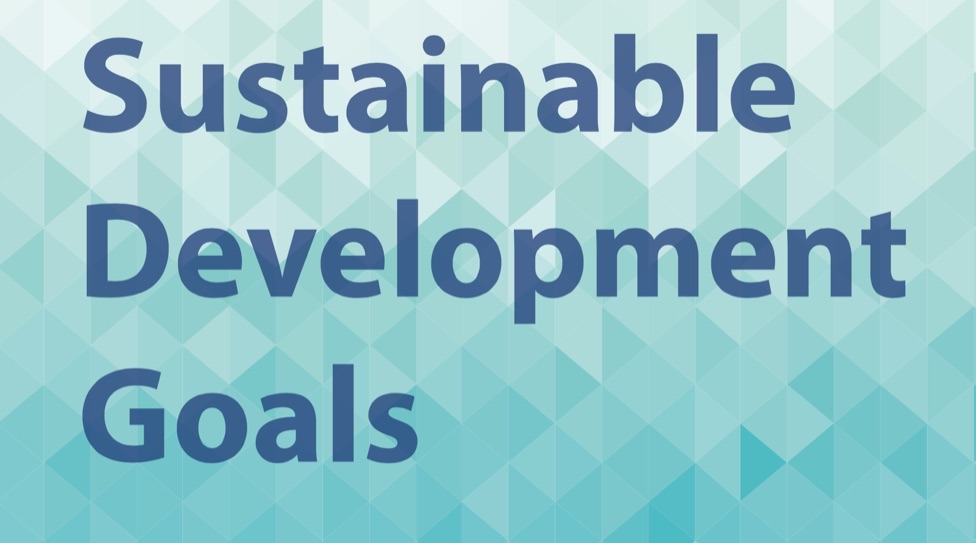In 2015, a significant focus of the United Nations will center on the future of global development, including negotiating a set of Sustainable Development Goals (SDGs) aimed at guiding policy in achieving dignity, wellbeing, and equality for all the world’s people — especially the poor and underserved.
The currently proposed SDGs consist of an ambitious set of 17 goals and 169 specific targets. These will serve as a basis for negotiations leading to a United Nations Summit in September 2015, where the final goals and targets are expected to be adopted. In addition, the UN General Assembly this year will also review the implementation of World Summit on the Information Society (WSIS) outcomes, where it is expected that a positive relationship will be found between WSIS and the SDGs. The 2015 Internet Governance Forum also embraces this relationship through its main theme this year “Evolution of Internet Governance: Empowering Sustainable Development.”
Over the past 15 years, information and communication technologies (ICTs), including the Internet, have been identified as key enablers of development — an important platform for integrating and accelerating outcomes across all three pillars of sustainable development – economic growth, social inclusion and environmental sustainability.
Indeed, stories and examples abound of how the open Internet and ICTs foster positive results in education, healthcare, agriculture, employment, gender equality, and many other areas. In fact, many of the projects supported by the Internet Society’s Community Grants Programme provide key evidence for how the power of the open Internet can create innovation, change, and local solutions with global impact.
With respect to the draft SDGs, however, direct reference to the catalytic power of ICTs for development are cited as specific targets in only 4 of the 17 goals.
Last week, therefore, the Internet Society participated with the Global e-Sustainability Initiative (GESI), the International Telecommunication Union (ITU), the Internet Corporation for Assigned Names and Numbers (ICANN), and the Permanent Mission of Rwanda at a special event at UN Headquarters to draw attention to the critical role ICTs play as a means of implementation of the SDGs.
In our remarks, we as the Internet Society underscored that the open Internet is and will continue to be an essential tool in facilitating the implementation of all SDG goals, as well as a key means to leverage the ingenuity, collaboration and partnerships needed to make them a reality.
We also urged delegates to acknowledge this critical role within the SDG framework, to place emphasis on the deployment of Internet infrastructure and achieving universal access, and to support the creation of enabling policy environments that support and expand the multi-stakeholder, open Internet. We further joined our colleagues at the event in welcoming the joint GeSI/ITU Call to Action on ICTs as a Means of Implementation for the post-2015 Sustainable Development Agenda.
Above all, the open Internet gives people around the world the opportunity to make their lives better. The Internet is for Everyone – and we look forward to working with the United Nations and our many members, Chapters, and partners around the world in making that a reality.
